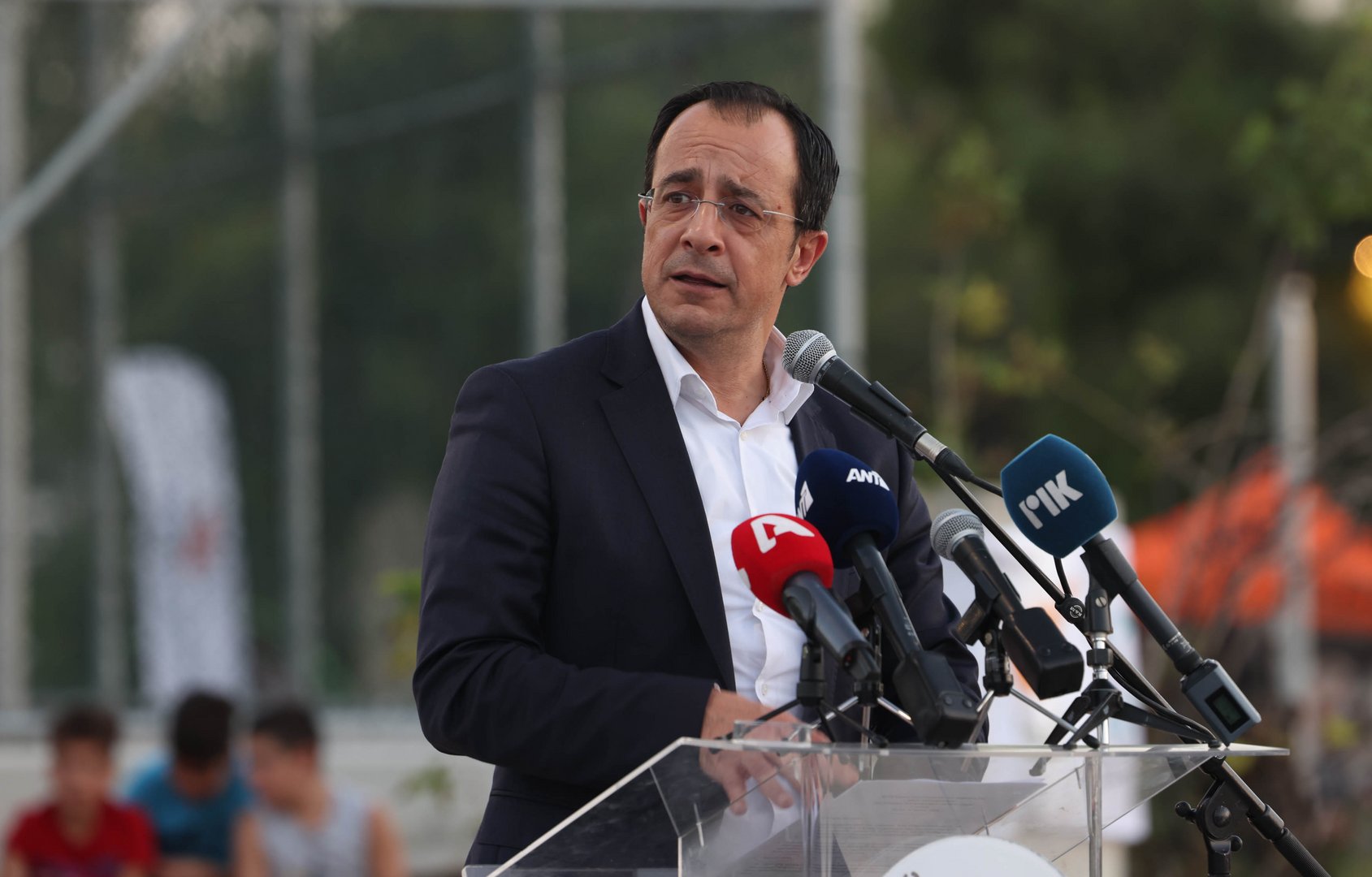The visit of Greek prime minister Kyriakos Mitsotakis to Cyprus, scheduled for last Wednesday but cancelled because of the fires raging across the country, will now take place on Monday. That the meeting was not put back until after the holiday period would suggest there are urgent matters that need to be discussed and cannot wait. It is not a courtesy visit on the occasion of Mitsotakis’ election victory, as it has been billed by some.
Press reports citing Athens sources indicate that the Greek PM is coming to fully understand the real objective of President Nikos Christodoulides regarding the Cyprus problem. In short, he would like to know what Christodoulides is actually seeking to achieve as this could have a bearing on the Greece-Turkey dialogue for the improvement of relations between the two countries. If Christodoulides is sincere about his stated commitment to a settlement, the Cyprus issue could be included in this dialogue and be given a push, assuming Greece and Turkey make progress.
Despite publicly repeating this commitment on an almost a daily basis, this rhetoric seems nothing more than a communications game rather than a strategy that would open the way for settlement talks. Apart from public declarations and claims that his methods are yielding results – like his three-month campaign for a more active involvement of the EU in efforts to secure a resumption of talks that secured the recycling of an older statement by the European Council – there has been no attempt at engagement with the Turkish Cypriot side.
Christodoulides seems solely concerned with creating a positive impression. On Wednesday, for example, government spokesman Konstantinos Letymbiotis said Friday’s visit with Ersin Tatar to the CMP lab was “a very positive first step as this will be the first meeting since the day the president took on his official duties.” It was a significant step towards efforts to resume talks, he added. Then there was the meaningless claim, often repeated, that Christodoulides is ready to return to the negotiating table “even today.”
If anyone wonders what the purpose of this hollow rhetoric is, it was provided by Letymbiotis on the same day as he stated that “our sincere will to resume negotiations is recognised by all.” Even if this were the case, which is very doubtful, what does the government hope to achieve through this allegedly universal recognition of our sincere will to resume negotiations? Someone could argue that this sincere will is displayed from the safety of knowing the other side is setting unacceptable conditions for the resumption of the talks.
The president also put the obligatory positive spin on the visit to the lab, saying on Thursday it was “an important meeting with a political dimension, within the framework of the effort to break the deadlock and resume negotiations.” And after the meeting, he said that “I am doing whatever is possible and necessary” for the resumption of negotiations, “and I hope that soon, by the end of September, if possible, I will have something to announce.” Tatar merely repeated his demand for recognition and sovereign equality, but undeterred, Christodoulides said “I am here to send much more positive messages to the Cypriot people.”
Is it any wonder that Mitsotakis would like to establish where Christodoulides stands on the Cyprus issue? Messages, positive spinning, assertions of sincerity and claims of virtuousness might be good PR, but they do not break deadlocks or solve problems. Nor are they intended to, their sole objective being to win publicity points, which for this president seems to have become an end in itself. But once the positive impression is created, there is still a need to engage with the dirty business of politics, to look at compromise, practical ways of overcoming obstacles and taking decisions that are unpopular. Christodoulides the people-pleaser has not yet indicated that he is comfortable with this aspect of being president.
So far, his handling of the Cyprus issue has consisted of fine-sounding words and initiatives of no practical value, all aimed at showing that the failure to break the deadlock is exclusively the fault of the Turkish side. Then what? The publicity game cannot go on indefinitely. Mitsotakis, understandably, will want to know whether Christodoulides is prepared to take the difficult decisions that could lead to a settlement, because this could have a bearing on how the dialogue with Turkey would develop. A settlement could open up more avenues of cooperation between Greece and Turkey.
Monday’s meeting could oblige President Christodoulides, whose political career so far has relied exclusively on his consummate communications skills, to familiarise himself with the other, more important side of politics in which tough choices need to be made and decisions on concrete issues need to be taken. The time may have come to move from talk to action, or at least decision-making.






Click here to change your cookie preferences